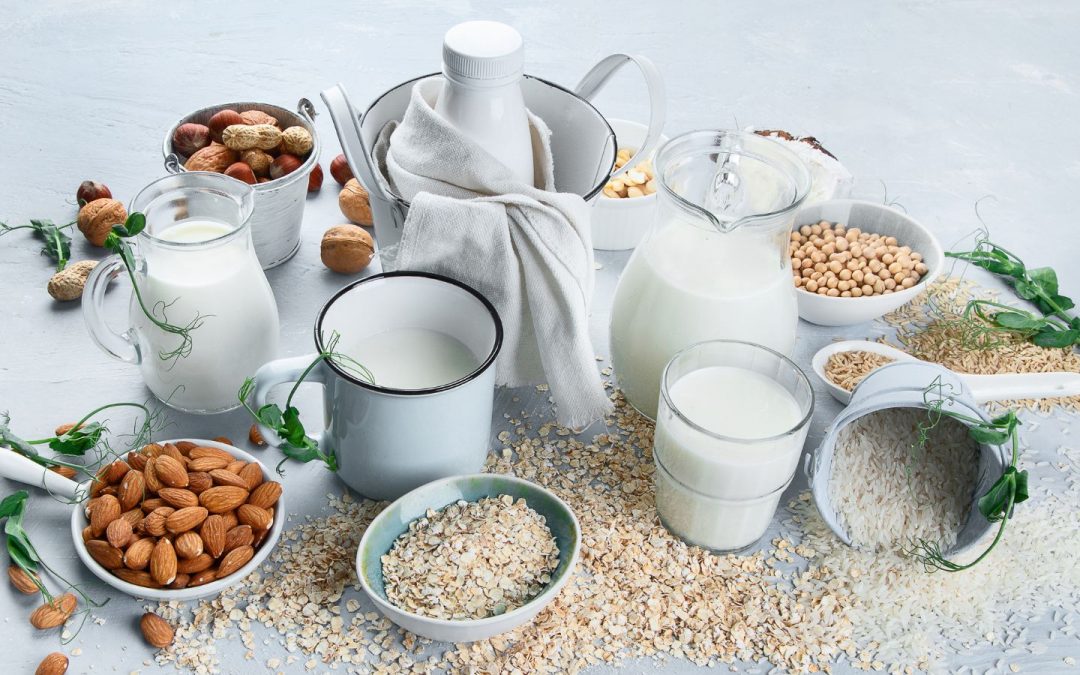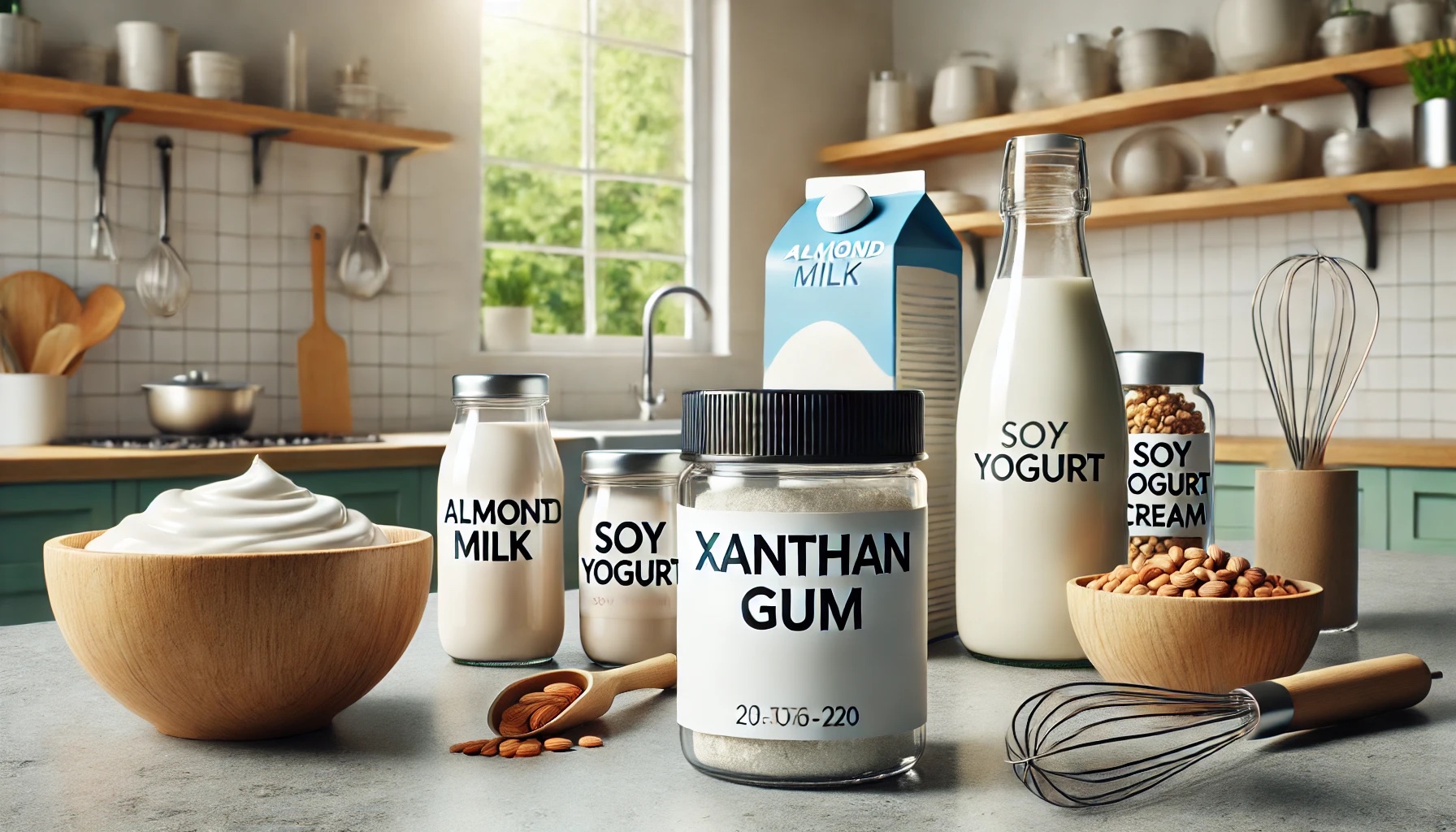Sugar is an essential ingredient in the food industry, used to sweeten and add texture to various food products. In recent years, there has been an increasing interest in alternative sweeteners due to health concerns associated with excessive sugar consumption. Liquid glucose is one such alternative, derived from the hydrolysis of starch, primarily from corn or wheat.
This article comprehensively compares liquid glucose and granulated sugar, including their nutritional properties and functionality.
Nutritional Properties
Granulated sugar, or sucrose, is a simple carbohydrate that provides calories but lacks significant nutritional value. It is a high glycemic index food, which can cause rapid spikes in blood sugar levels.
Liquid glucose or Glucose Syrup, on the other hand, is a complex carbohydrate that contains a mixture of glucose, maltose, and other polysaccharides. It has a lower glycemic index than sugar, meaning it can provide sustained energy without causing blood sugar spikes. Liquid glucose also contains a small number of minerals and vitamins, such as potassium and vitamin B6, which provide some nutritional value.
Functionality
Sugar and Glucose Syrup have different functional properties that make them suitable for different applications in the food industry. Sugar is primarily used as a sweetener and texturizer in baked goods and confectionery. It helps to provide a crisp texture to cookies and cakes and to create a smooth and creamy texture in ice cream and frosting.
Liquid glucose, on the other hand, is commonly used as a humectant, bulking agent, and texturizer in food products. It helps to retain moisture in baked goods, add volume to canned fruits and vegetables, and create a chewy texture in gummy candies.
Comparing Sweetness of liquid Glucose & Granulated Sugar
Granulated sugar is significantly sweeter than Glucose Syrup. One teaspoon of granulated sugar is roughly equivalent to one-third of a teaspoon of liquid glucose in terms of sweetness. It’s safe to say that a larger quantity of liquid glucose is needed to achieve the same level of sweetness as sugar.
However, Glucose Syrup has a milder sweetness profile, making it ideal for use in products requiring less intense sweetness.

In conclusion, sugar and Glucose Syrup are both important ingredients in the food industry, each with unique nutritional and functional properties. Sugar is primarily used as a sweetener and texturizer. In contrast, liquid glucose is commonly used as a humectant, bulking agent, and texturizer.
While granulated sugar is significantly sweeter than Glucose Syrup, Glucose Syrup has a lower glycemic index and provides some nutritional value. Understanding the differences between these two ingredients is important for product development and formulation in the food industry.
Don’t miss out on the opportunity to purchase Liquid Glucose conveniently and hassle-free with EasyBuy! Say goodbye to sourcing difficulties and take advantage of our exceptional deals and seamless procurement process.
Join us today and experience the ease of buying Liquid Glucose with EasyBuy!
Citations
- Ferraris, R., Fiorese, M., Trovati, M., & Pagliarini, E. (2017). Glucose syrup as an alternative to sucrose in confectionery products: physical and sensory evaluation. Journal of Sensory Studies, 32(1), e12238.
- Kumar, R., Choudhary, V., Mishra, S., & Varshney, V. (2011). Liquid glucose: a potential ingredient in the food industry. Journal of food science and technology, 48(5), 577-583.
- Tappy, L., & Lê, K. A. (2010). Metabolic effects of fructose and the worldwide increase in obesity. Physiological reviews, 90(1), 23-46.








